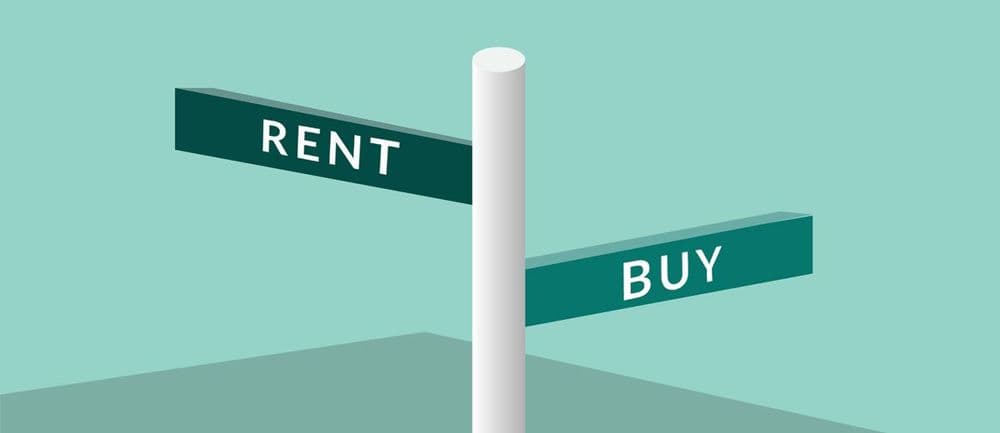Renting vs. Buying: Which is right for you?
Wednesday 30 August 2023Wed 16 Feb
Share

In the world of commercial real estate, the decision between renting and buying a property is a significant one that can have you swinging in different directions, wondering which one’s the right choice for you.
Whether you're an entrepreneur starting a new venture or an established business looking to expand, understanding the pros and cons of renting and buying is crucial. And we’re here to break it down for you!
Financial considerations:
Renting: Renting commercial space often requires a lower upfront cost than buying. Monthly lease payments are typically predictable, allowing for better budgeting. It also frees up capital that can be invested in core business operations or other growth opportunities.
Buying: Buying a property involves a larger upfront investment, including down payments, closing costs, and ongoing property maintenance expenses. However, property ownership can offer long-term financial benefits, such as potential appreciation and tax deductions.
Flexibility:
Renting: Leasing provides flexibility, allowing you to adapt to changing business needs by easily relocating or expanding within your lease term. This is particularly advantageous for businesses with uncertain growth trajectories or those looking to test new markets.
Buying: Property ownership offers stability and control over your space. You have the freedom to customise and make structural changes that align with your business requirements. However, selling a property can be a more complex and time-consuming process than ending a lease.
Maintenance and repairs:
Renting: Property maintenance and repairs are typically the responsibility of the landlord, relieving tenants of the financial burden and hassle of unexpected costs. This allows businesses to focus on their core activities without the distraction of property management.
Buying: Property owners are responsible for all maintenance and repair costs. While this provides autonomy and control, it can also entail significant time and resources, especially for major repairs or renovations.
Long-term goals:
Renting: If your business is in a phase of rapid growth or uncertainty, renting may offer the flexibility you need to adapt to changing circumstances. It's a suitable option for businesses that prioritise short-term scalability and want to avoid tying up capital in real estate.
Buying: Purchasing a property can align with long-term stability and investment. It suits businesses with well-defined growth plans and a desire to build equity over time. Owning property can also enhance your business's image and provide a potential source of passive income through lease agreements with other tenants.
Market conditions:
Renting: In a competitive real estate market, renting may be a more accessible option, especially if purchasing prices are high or property availability is limited.
Buying: Favourable market conditions, such as low interest rates and property prices, can make buying an attractive proposition. It's important to conduct thorough market research to gauge the feasibility of property ownership based on current conditions.
Want to know more?
If you’re looking for some more expert guidance or your next commercial property in Dubai, you could get in touch with our experts!
Or check out our Taking Care of Business podcast on Commercial real estate in Dubai!
